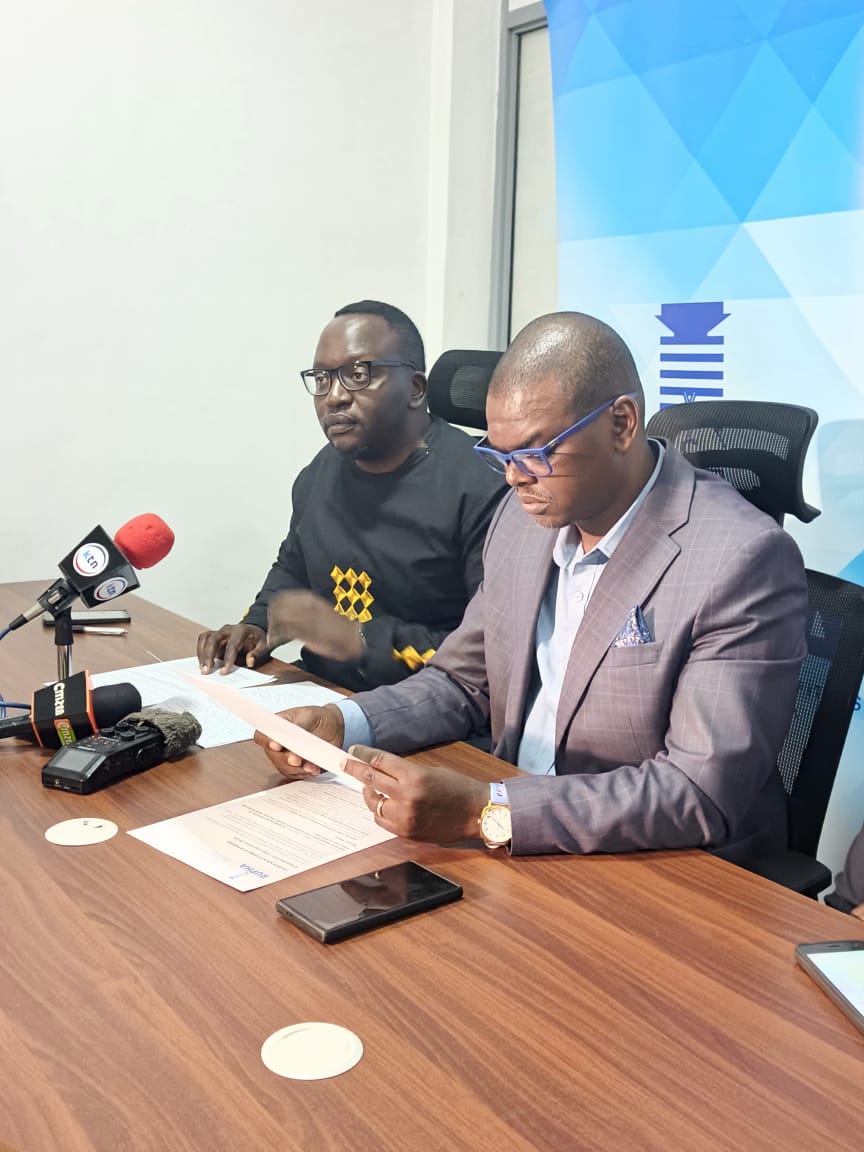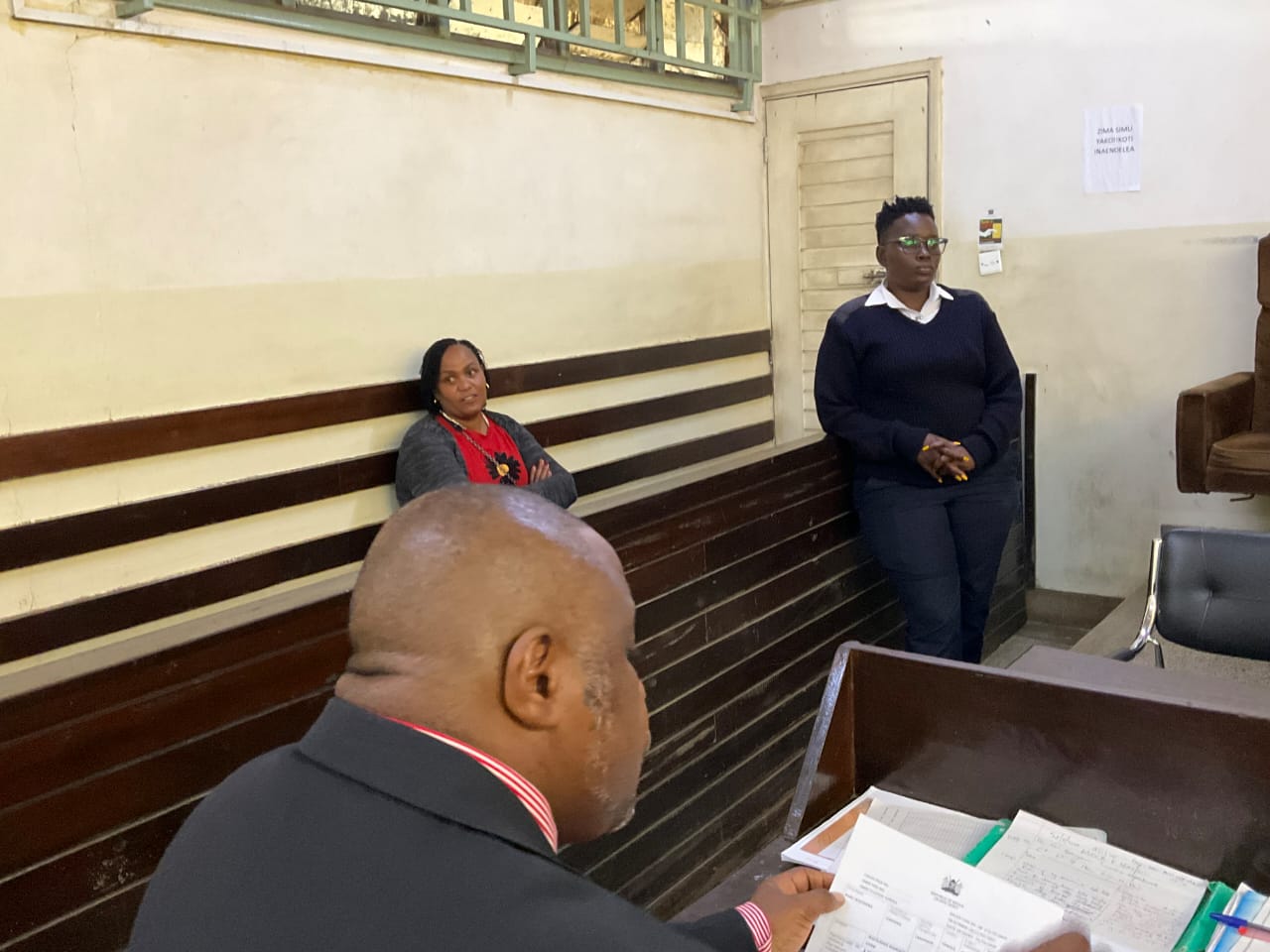
By Njeri Irungu
Nairobi, September 22, 2025 — The Rural and Urban Private Hospitals Association of Kenya (RUPHA) has suspended the provision of healthcare services on credit to the Social Health Authority (SHA), citing massive unpaid claims and what it described as an unsustainable financing model that is threatening the country’s health system.
RUPHA, which represents more than 700 private and faith-based hospitals across the country, made the announcement during a press conference in Nairobi led by its chairman, Dr. Brian Lishenga. He explained that despite repeated appeals, the Ministry of Health and SHA had failed to address concerns that hospitals have raised for more than a year, leaving many facilities in a state of financial paralysis.
“This morning, because there has been no outreach from the Ministry of Health or SHA to address concerns raised, hospitals have been left in a state of financial paralysis. This is putting Kenyan patients at risk,” Dr. Lishenga said.
The association revealed that SHA currently owes hospitals over KSh 76 billion, with unpaid claims dating back as far as 2017. Earlier this year, Health Cabinet Secretary Aden Duale ordered the rejection of medical claims worth KSh 10.6 billion, a move RUPHA says was unlawful and in breach of contract since providers were denied the chance to clarify or remedy the rejected claims.
Hospitals also accuse SHA of deliberately delaying payments by subjecting claims to prolonged and unjustified reviews, denying renal and cancer patients approvals for treatment, and downgrading facilities under the guise of fighting fraud. Since June, more than 15,000 maternity and inpatient beds have reportedly been delisted, a move RUPHA says has further worsened the strain on the healthcare system.
Faith-based hospitals, which form the backbone of specialized care in Kenya, are among the hardest hit. According to RUPHA, many are now heavily indebted, and church leaders can no longer turn a blind eye to the suffering of patients who depend on them.
The association has also warned against plans to migrate teachers’ and police medical schemes to SHA in December before outstanding arrears are cleared. Dr. Lishenga stressed that hospitals will not accept new responsibilities when historical debts remain unpaid, saying such a move would create another crisis similar to that of the defunct NHIF.
RUPHA insists that SHA’s financial model is fundamentally flawed. Despite collecting 2.75 percent of gross income from salaried Kenyans, the authority has accumulated liabilities that far outstrip its revenues. Dr. Lishenga noted that the architects of the scheme have ignored professional advice and are leading the country down a dangerous path, adding that universal health coverage is at risk of collapsing unless urgent reforms are undertaken.
“SHA has been on life support provided by hospitals. Today we are pulling the plug because the system is financially unsustainable. Unless urgent reforms are undertaken, universal health coverage risks collapsing,” he said.







